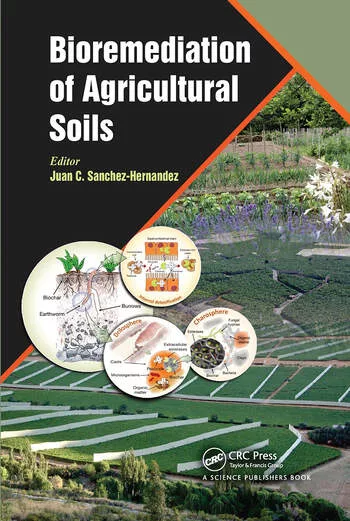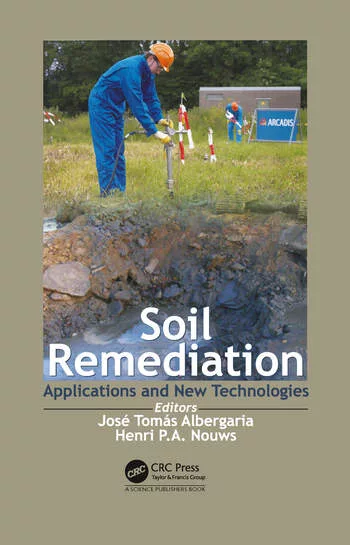Dispute Erupts Over PFAS Contamination Sources in Texas Farmland
PEER and biosolids company clash over toxic PFAS findings in Texas farms as contamination threatens livestock and water safety

Photo by K. Mitch Hodge on Unsplash
A controversy has intensified over the source of toxic PFAS contamination in Johnson County, Texas, as biosolids manufacturer Synagro and watchdog group Public Employees for Environmental Responsibility (PEER) present conflicting interpretations of recent scientific findings.
Synagro, North America's largest biosolids processor, released results from what it terms an independent scientific study conducted by Parsons Corporation and Purdue University's Dr. Linda Lee. The company claims this analysis exonerates its Granulite fertilizer product from responsibility for elevated PFAS levels found in local fish and livestock.
However, PEER challenges several key assertions in Synagro's announcement. The environmental group's science policy director, Kyla Bennett, a former EPA scientist and attorney, disputes Synagro's reference to "background soil concentrations" of PFAS, stating, "PFAS are a manmade, synthetic family of chemicals that do not exist in nature."
At the heart of the dispute are alarming PFAS levels detected in local wildlife. PEER reports PFOS concentrations of 57,000 and 74,000 parts per trillion in fish samples and 610,000 parts per trillion in calf liver from affected ranches. The Environmental Protection Agency has determined there is no safe consumption level for PFOS.
Synagro's study, focusing on a farm in Grandview, Texas, where their product was applied in late 2022, found PFAS levels "below 0.7 ppb" in soil samples. The company argues that the presence of certain PFAS compounds, particularly PFPrA, in affected areas but not in their product indicates another contamination source.
PEER counters this reasoning, explaining that the detected compound is "a common degradation product of other PFAS that were found in the biosolids." The organization's tests reportedly showed PFOS at 13 times the level EPA considers potentially hazardous for human health in land-applied sewage sludge.
The situation has prompted Johnson County to seek an emergency declaration for federal aid. PEER staff counsel Laura Dumais, who is pursuing litigation to compel EPA regulation of PFAS in biosolid fertilizers, has called for Synagro to release its complete study for independent evaluation.
As this scientific dispute continues, local farmers face mounting concerns about their land, livestock and livelihoods, while regulatory bodies grapple with the broader implications for biosolid fertilizer use nationwide.






